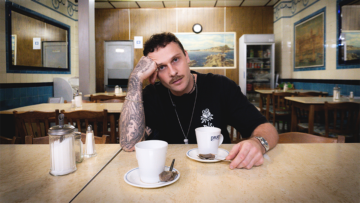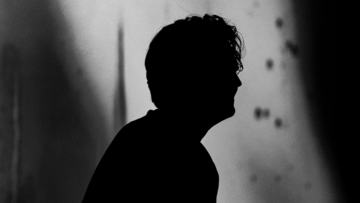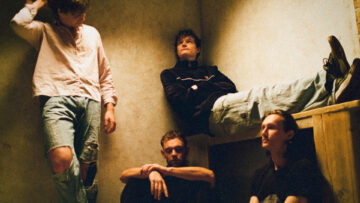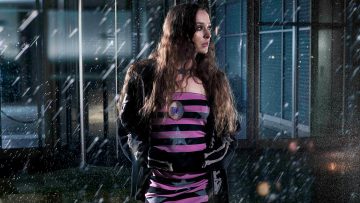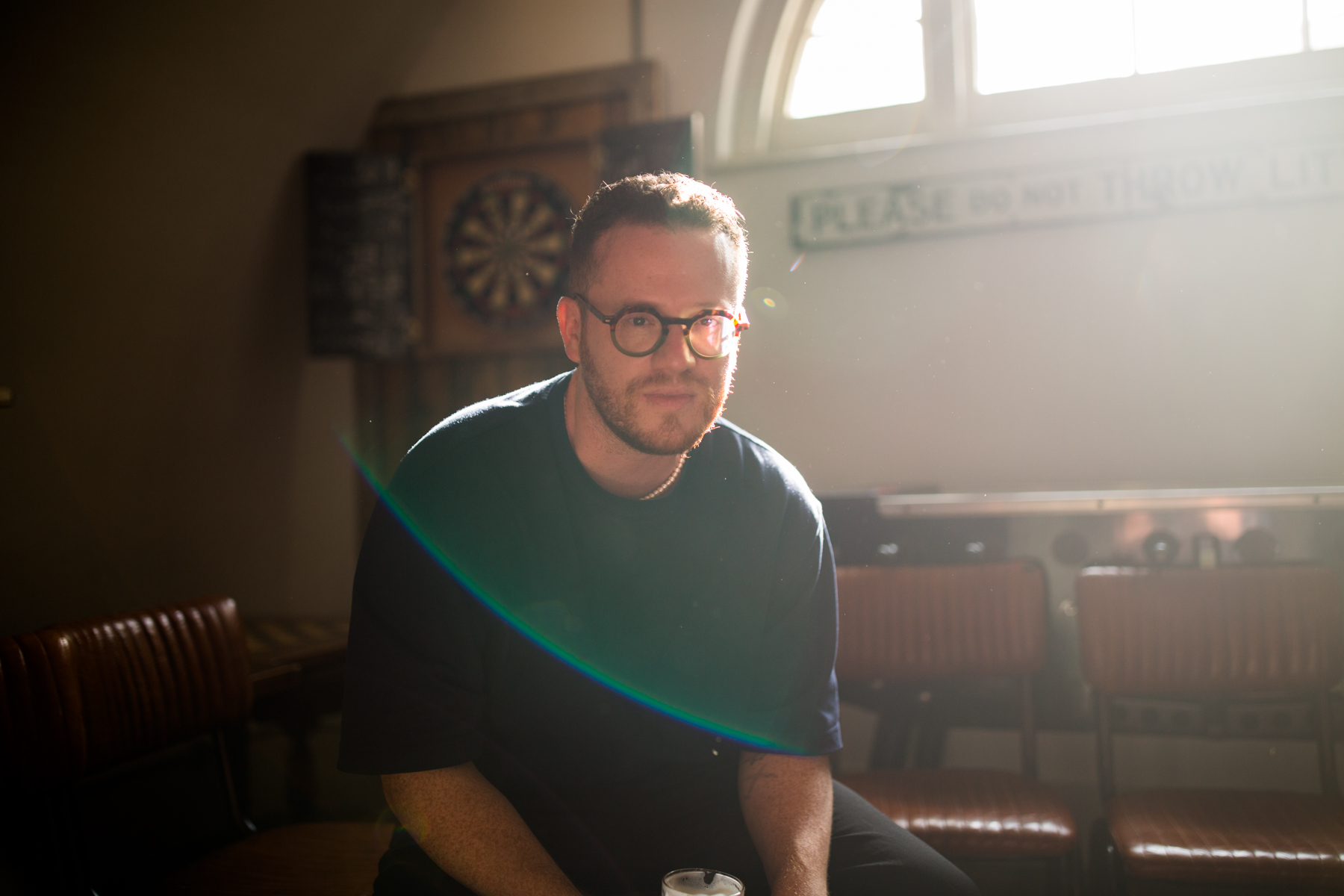
So Sam, where are you based at the moment?
It does feel like I’m being coerced into moving into London. I really do love it here. I’m originally Australian and I moved to the States when I was 18 and have lived there for 12 years.
What made you move to LA?
I moved to America, not for music or love, but for personal family reasons. My family was going through a really tense time, and I thought some that it was my fault, and I was being told of my fault by certain people so I decided to remove myself from it. I love Australia and Sydney, and I miss it every day.
Was it a culture shift moving to the States?
For sure, I feel like Brits and Australians have certain overlaps in terms of culture – whereas America, and LA in particular, is a totally new world. Weirdly, the biggest shock was moving from Boston to LA and saying, ‘Okay, now I’m in the real world’, but also thinking LA is nothing like it is in the movies. Thankfully I was studying music in college, so for me it was awesome, as I had a structure and like-minded people around me. Although my accent does always stick out.
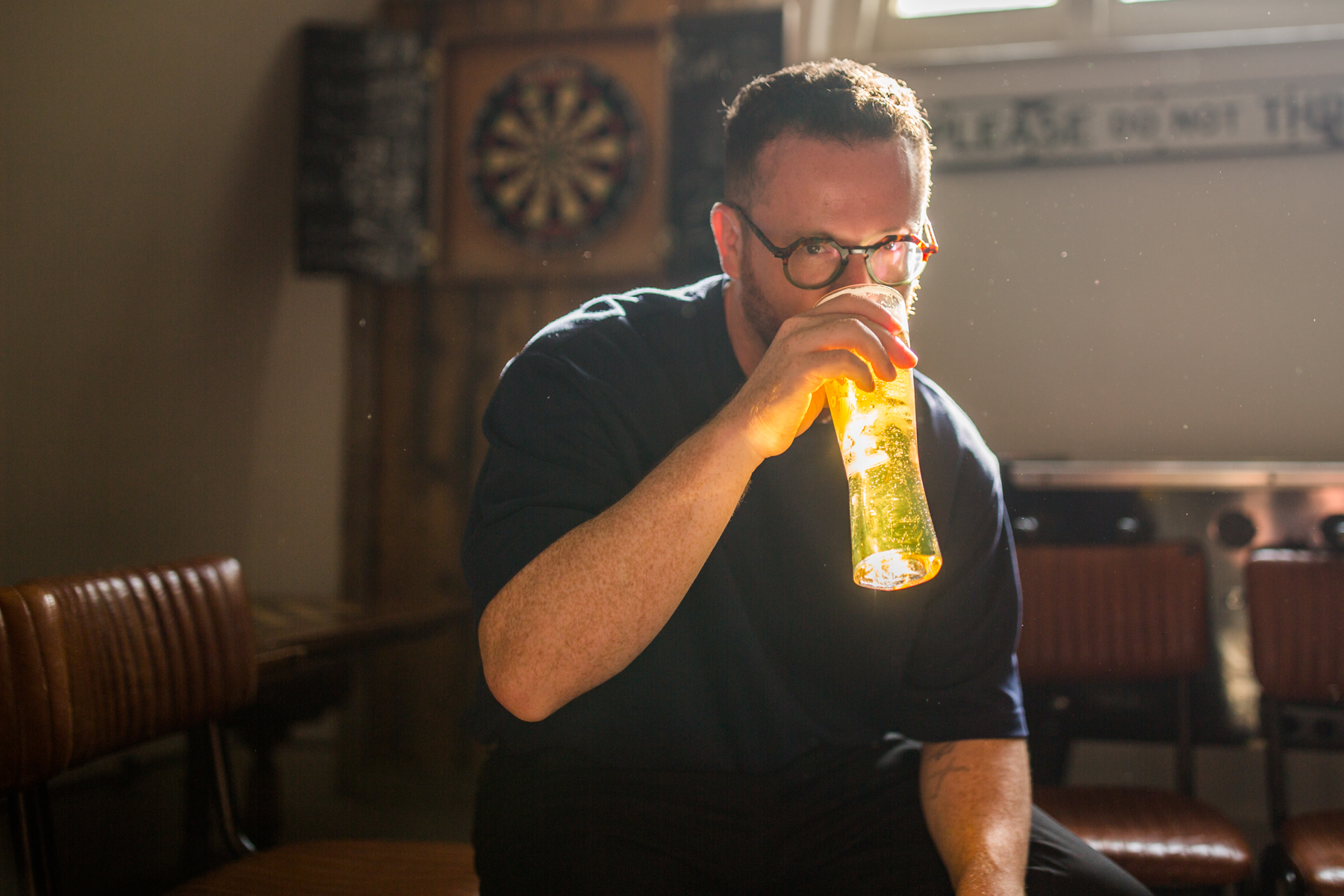
What was your first interaction with the music industry like?
I was in Boston, and I got a phone call at 2AM from an LA executive. They said, ‘What the hell are you doing, come back here, we have a record to make.’ So they told me to move back to LA, and as soon as I got there they turned to me and said ‘We’re not going to sign you but we’re going to develop you and I’m going to be involved, but we’ll take care of you’. To this day, I haven’t heard from them. So that’s LA, and that’s the music biz.
How did you get things going from that?
I’m really stubborn. And I had a lot of people to prove wrong. I was saying to my family and friends back home that everything’s been great, that I’m killing it when actually I’m just begging my friends to stay on their couch or even sleeping in my car. I was hustling and writing constantly to try and support myself. I was having conversations with music publishers and acting as a songwriter. And I didn’t know what I wanted to do as an artist, I always wanted to be an artist. But I didn’t get my message right.
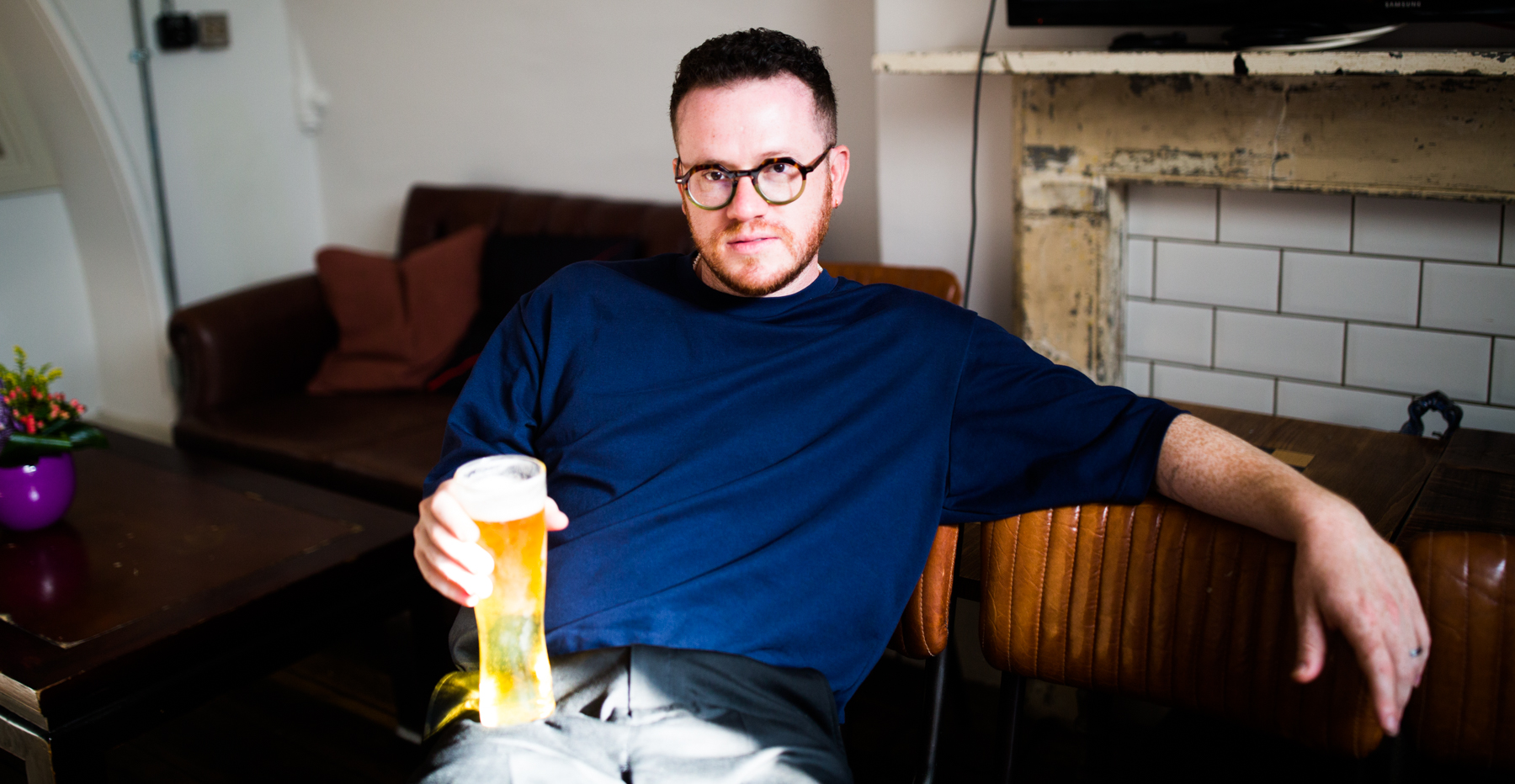
And then what changed to turn your career around?
So I got dropped in August 2017. Thank fuck. It was the biggest blessing in disguise but at the time I thought my whole life was over and, remember I’m lying to my family and friends saying how great New York is. I was like a delivery boy for a meat pie shop and coaching rich kids tennis. I then put this song ‘This City’ on an EP called Not A Hobby, which was inspired by people telling me to get a real job. I release it and nothing happens, I’m stubborn but even I went ‘fuck this’.
Then on Spotify, ‘This City’ manages to creep up to four million streams in the first year. Then, fast-forward January the following year and all of a sudden the streams start going from 1000 streams a day to 10,000 streams today, then 20,000 streams today. It was utterly confusing. My manager was saying how it’s blowing up and I said ‘Why?’. We didn’t feature on any of the playlists and had no support.
Then fast-forward again to March and it’s now up to 60,000 a day. And in April it finally all came together. I downloaded TikTok and found 700,000 videos to a ripped version of This City. I thought holy shit. No one really understood TikTok, and there I was in the top four artists on this new crazy platform.
How did you meet some of the high-selling artists in the scene?
Literally the next week, Lewis Capaldi messaged me on Instagram, saying, ‘Hey, do you want to come out touring with us?’ I’ve known Lewis around the time ‘Bruises’ came out, well before he was packing out 30,000 seated arenas. He’s amazing. I’m so fucking proud of him and he’s just a regular human – just a lovely, lovely human. We just sit there and said, ‘Can you believe we’ve been doing this shit?’ And at the moment, I’m realising all my hard work and graft is paying off and all the dominoes are falling.
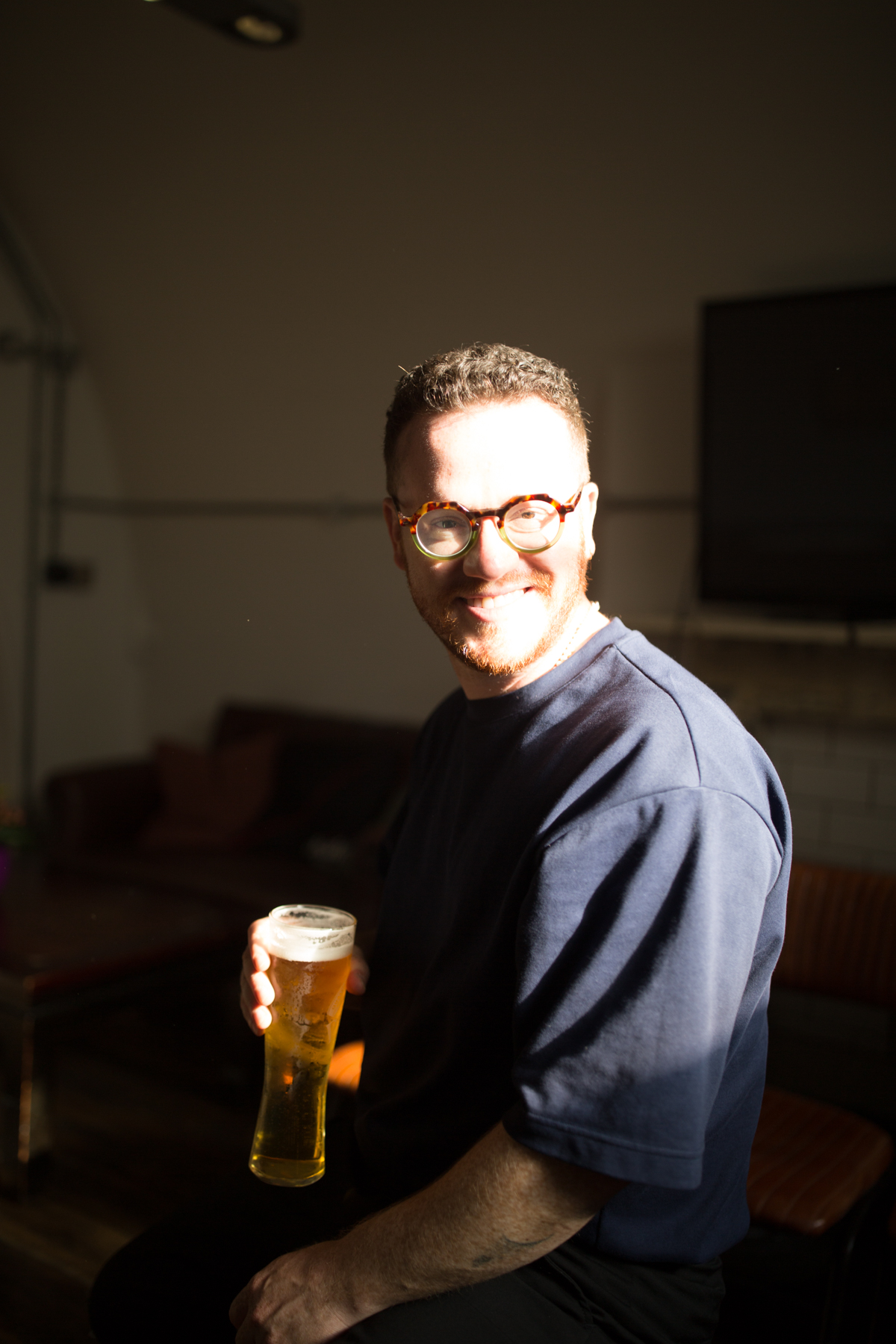
The other end of that is working with Demi Lovato, who is so sweet and grounded which is something you wouldn’t expect, having been a celebrity for so long. Then Meghan Trainor was posting a bunch; she taught me all kinds of tricks.
The pandemic must have really interrupted your flow then with all the touring and promo plans?
We had to cancel all the Australian and New Zealand dates and most of the Europe dates. I’d booked the Niall Horan tour around the US. That got cancelled. We were booked to be on Jimmy Kimmel, James Corden and Ellen, and I couldn’t get to the States.
I got an email from Sony saying they were going to send me a camera, studio lights, and YouTube tutorials on how to film yourself for press and promo. There was no glamour, I filmed my first fucking TV show on my phone, on a screen in my living room. I was like ‘I guess I’ll text it to my manager!’
So the world gets shut down, and I miss out on all the frilly shit. The red carpets, the nights out, the meeting other artists, it was such a nightmare. But because everyone was locked up, a lot of people turned to music and that’s when I realised the impact it was having.

Sam Fender said it got real for him when he got a message from someone who was going to take their own life and his music helped – it was the same for me. The overwhelming loveliness of people reaching out to me, saying how my music had helped them in this shitty time was really moving and changed everything for me.
Talk me through the track ‘All My Loving’…
I wrote ‘All My Loving’ during the pandemic with Steve Mac. When I heard I was going to work with him, I was so excited. I was carrying a lot of baggage, but Steve was amazing and we just talked for such a long time about basically how I’m a shit person; in my life, love life and to the people around me. Because I was sad, depressed, and also trying to put this really happy face on publicly. And those who know you privately and spend a lot of time around you, see all sides of you, which is rough.
Someone who I love very much said to me, ‘You need to be really honest, look in the mirror and have a really honest conversation with yourself.’ I turned and said there’s a song in that. I had this line ‘I’m stuck in an honest conversation, I can’t work out.’ So we went with that and wrote it in a couple of hours. He was just awesome. He said, ‘Write don’t think, we need to write a song for the drunkest guy in the smallest bar in London’. It’s really grown on me, and it’s been so fun to play on tour.
Speaking of touring, you played your first full festival set at Barn on the Farm. How was it?
Just amazing. It’s such a special festival. The stage was incredible, the crowd was awesome, we got great feedback. We’d just come off the Ashe tour, where you’re in seated arenas and you don’t know how people perceive you. Commanding a stage at a festival is so different than in a room. That’s the thing I’ve really struggled over the last couple years: perception. Because I have no fucking idea how I’m perceived. It was my first real festival culture I’ve been in and I just now only want to play festivals.

